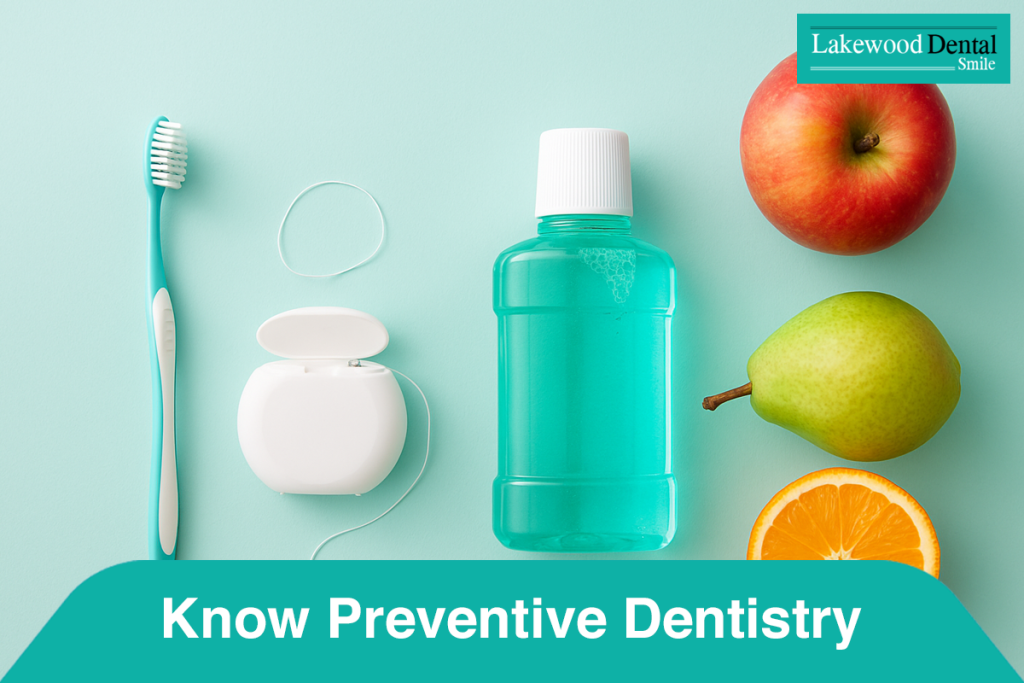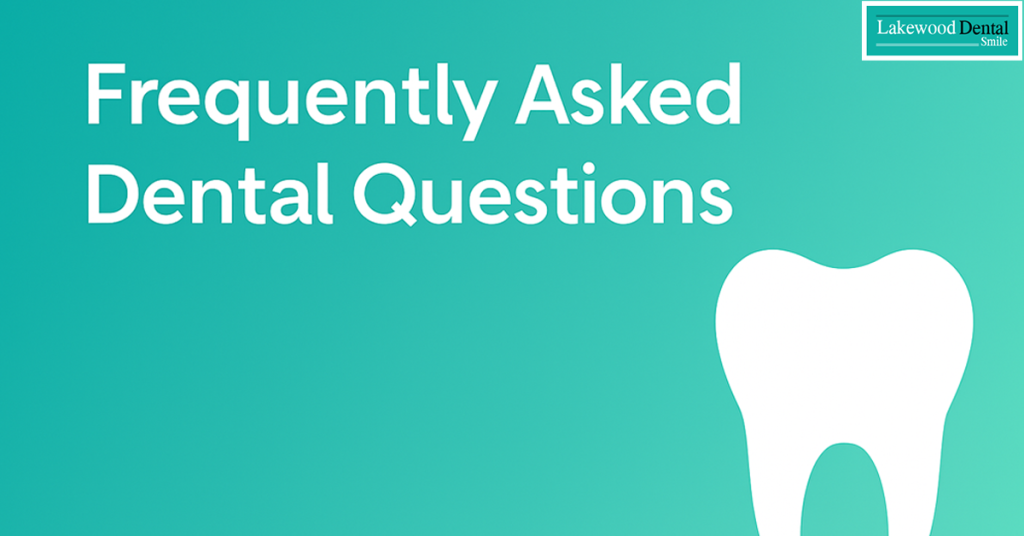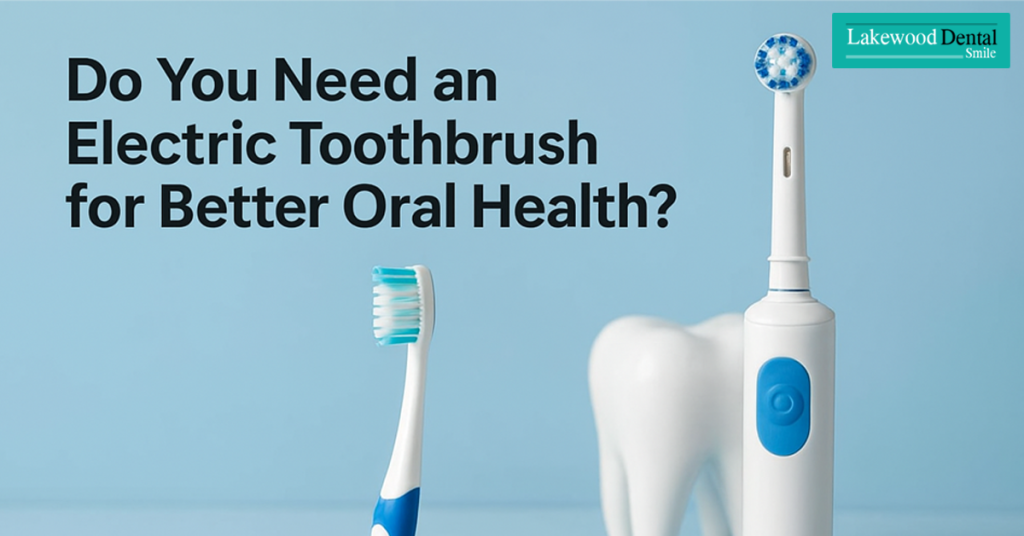
Understanding the value of preventive dentistry is one of the most effective ways to maintain lifelong oral health. Instead of waiting for pain, infections, or emergencies, preventive dental care focuses on stopping problems before they begin. This proactive approach strengthens your teeth, protects your gums, and reduces the need for costly treatments later. When you commit to simple daily habits and routine dental visits, your smile becomes healthier and more resilient over time.
Many people seek dental care only when discomfort arises, but early prevention can save you from avoidable procedures such as root canals, extractions, or advanced gum treatments. The two biggest causes of tooth loss—decay and gum disease—are almost entirely preventable with the right strategies. Modern preventive dentistry also helps detect early signs of oral cancer, enamel erosion, bite issues, and other concerns long before they become serious.
Why Preventive Dentistry Matters
Good preventive care benefits your oral and overall health in many ways. Some of the most important advantages include:
- Reduces the risk of cavities, gum disease, and tooth loss
- Detects early problems before they become painful or severe
- Saves money by avoiding major restorative treatments
- Maintains fresh breath, cleaner teeth, and a confident smile
Because issues are identified early, preventive dentistry supports long-term comfort, reduces dental emergencies, and improves the appearance of your smile.
How Preventive Dentistry Works
Preventive dentistry typically begins with a professional dental consultation. During this visit, your dentist checks for existing concerns such as cavities, broken teeth, plaque buildup, infections, or gum inflammation. Any active problems are addressed first to restore oral health. Once your mouth is stabilized, preventive practices are introduced to maintain cleanliness, protect enamel, and encourage good habits that last.
These practices aren’t just for adults—they’re essential for children and teens as well. Early guidance helps younger patients avoid tooth decay, overcrowding, or gum problems as their permanent teeth develop. In every age group, preventive dentistry makes daily routines easier and treatments more effective.
Key Preventive Practices
1. Brushing Correctly
Brushing is the foundation of every preventive routine. Brush at least twice a day with fluoride toothpaste using gentle up-and-down or circular motions. Choose a soft-bristled toothbrush to avoid gum irritation and enamel damage. Electric toothbrushes can improve cleaning efficiency, especially around back molars or tight spaces. Replace your brush every 3–4 months or sooner if bristles fray.
2. Flossing Regularly
Flossing removes plaque and food particles from areas your toothbrush can’t reach. Daily flossing prevents gum disease, reduces inflammation, and helps keep breath fresh. You can choose waxed floss, unwaxed floss, or tape-style floss depending on your comfort level. Your dentist may also recommend antibacterial mouthwash to provide added protection against harmful bacteria.
3. Eating a Tooth-Friendly Diet
A healthy diet plays a major role in preventive care. Limit sugary snacks, candy, soda, and highly acidic foods that can weaken enamel. Instead, choose a balanced diet rich in fruits, vegetables, calcium-rich dairy products, lean proteins, and whole grains. Avoid smoking and tobacco in all forms, as they significantly increase the risk of gum disease and oral cancer.
4. Routine Dental Checkups
Regular dental checkups help detect early signs of cavities, infections, bite problems, enamel wear, or oral cancer. Professional cleanings remove hardened plaque (tartar) that brushing alone cannot eliminate. Preventive dentistry is especially helpful for families, children, and adults who want to keep their natural teeth for life. Dentists typically recommend two checkups per year, though some individuals may need more frequent visits.
5. Protecting Teeth from Damage
In addition to hygiene habits, preventive dentistry also includes lifestyle practices that reduce wear and tear. Wearing a mouthguard during sports protects teeth from injuries. Using a night guard can prevent grinding-related damage. Avoid chewing ice, biting pens, or using your teeth as tools, as these habits increase the risk of cracks or fractures.
Strengthening Daily Habits Through Preventive Dentistry
Consistent daily care strengthens enamel, protects gums, and keeps your mouth healthier overall. With preventive dentistry, minor concerns—such as early decay or mild inflammation—are addressed before they become major issues. This approach not only preserves your natural teeth but also improves comfort and confidence.
Final Word
Preventive dentistry is more than avoiding dental problems—it’s investing in lifelong oral health. With the right habits, consistent hygiene, and regular dental checkups, you can maintain a bright, healthy, and confident smile. Taking proactive steps today helps ensure a future free from unnecessary discomfort or complex treatments.
If you’re in Dearborn, Michigan, Lakewood Dental Smile provides preventive care and long-term guidance to help families protect their teeth and maintain healthy smiles for life.




